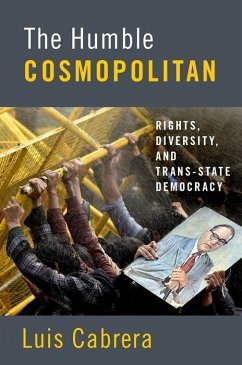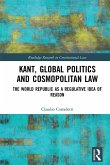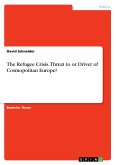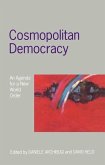Critics of a cosmopolitan moral approach often assert that it is arrogant, giving too little attention to non-universalist moral understandings and local attachments. This book argues that a cosmopolitanism focused on advancing democratic citizenship within regional and ultimately global institutions will orient instead to political humility, or the affirmation of equal status and openness to input and challenge. It also works to show that it is the current global system, where sovereign states can summarily dismiss rights-based challenges from outsiders or their own populations, which is fundamentally oriented to arrogance. The book's arguments are centrally informed by the work of Indian constitutional architect and anti-caste campaigner B.R. Ambedkar, who sought to advance political humility against the "arrogance" of caste discrimination. Insights also are drawn from extensive field research among Indian activists reaching out to United Nations human rights bodies in their struggle against continuing cast discrimination, as well as cases in Turkey and the UK.








